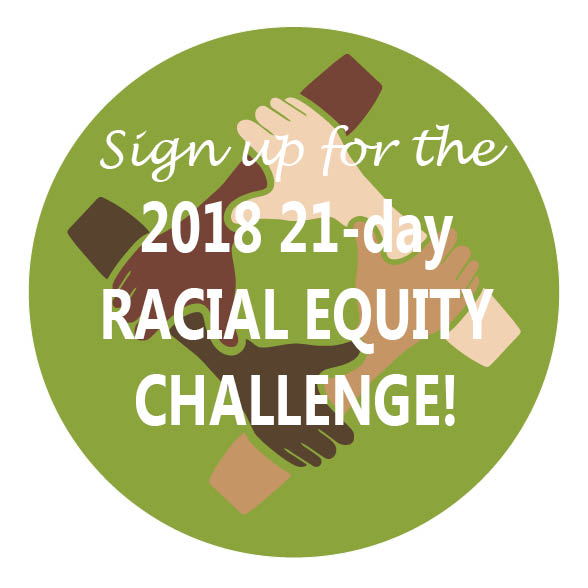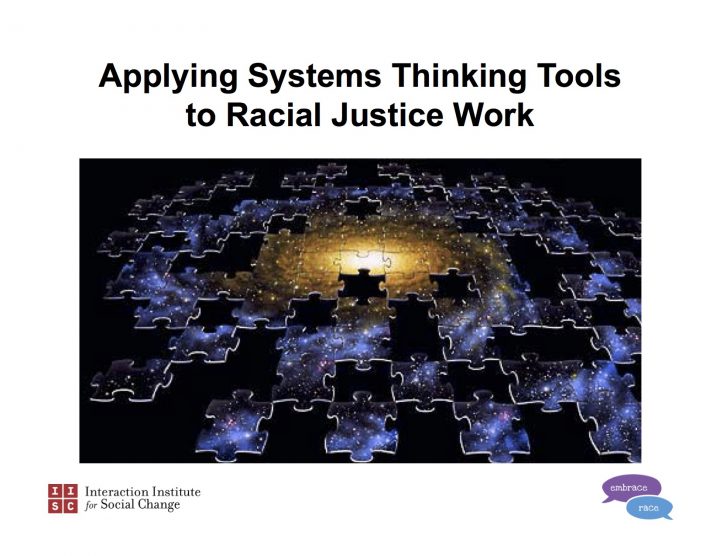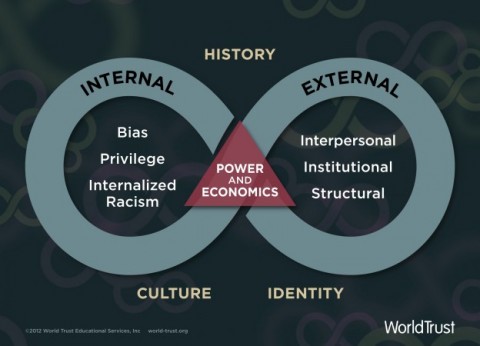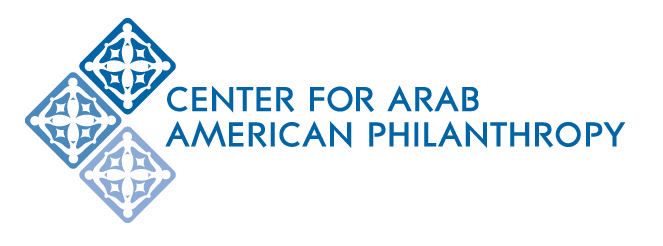Offerings From the Fourth Annual 21 Day Racial Equity Challenge
 On April 22nd, the fourth annual 21 Day Racial Equity Habit Building Challenge wrapped up. This project with Food Solutions New England was originally conceived as a “network innovation” to spread and deepen the conversation about and commitment around addressing race and racism in food and related systems. This year the organizing team sought to go deeper, noting how much the national conversation has evolved in the past year. And we were heartened by the numbers (over 3,000 people from all 50 states and parts of Canada signed up) and by the quality of the conversation on-line and in different in-person venues where we met people who were participating. Certainly no one is under the illusion that the Challenge is enough, but we have heard that it is changing the way many see their work in food systems. Below you will find some of what was generously offered on-line in response to the daily email prompts and associated resources (readings, videos, audio clips).
On April 22nd, the fourth annual 21 Day Racial Equity Habit Building Challenge wrapped up. This project with Food Solutions New England was originally conceived as a “network innovation” to spread and deepen the conversation about and commitment around addressing race and racism in food and related systems. This year the organizing team sought to go deeper, noting how much the national conversation has evolved in the past year. And we were heartened by the numbers (over 3,000 people from all 50 states and parts of Canada signed up) and by the quality of the conversation on-line and in different in-person venues where we met people who were participating. Certainly no one is under the illusion that the Challenge is enough, but we have heard that it is changing the way many see their work in food systems. Below you will find some of what was generously offered on-line in response to the daily email prompts and associated resources (readings, videos, audio clips).
History of Race and Racism in the Food System: What is the history you hold in your head (and heart and body) about our current food systems?
“In my work at a non profit in the ‘good food’ movement, we constantly use language like ‘fix the broken food system.’ Reading these pieces on the historical underpinnings of racism in our food system illuminated for me just how much that statement (almost a throw away now) is situated within a racial caste system. To presume that ‘we’ must ‘fix’ a system ignores (by not naming) the racism present in that system. It lumps the goals of racial and food justice in with other, non-racialized issues (like soil health) also plaguing our current system, thereby continuing to perpetuate injustice through silence.”
“The consistent glorification of a food system, broken or fixed, imagined or real, that has systematically ignored the people that make it function, throughout the past and yet still in the present, is something I think I unknowingly participate in. Will naming this, calling it out, help us to change the structural racism that fuels this reality? How? I hope that by learning, studying, reflecting, and communicating that this group can indeed be somehow change-making, but it’s challenging to see a positive horizon when the change to be had is so large and primarily resides in legal, political and social institutions and structures. Forgive me for being still inside a state of feeling overwhelmed.”
The Colonization of Indigenous Land Rights and Food Ways: How does colonization continue to exist in our food systems and how can you support decolonization and celebrate indigenous rights and food ways?
“I just finished listening to The True History & Foods of Thanksgiving. My immediate reaction is shock and shame. I accepted Thanksgiving as an American celebration without ever wondering about its history. The podcast is a great conversation that educated me about how interwoven food, land, location, spirituality and culture are for some traditions within Native Americans. I wish we treated our lands and environment with the same care that many people were able to do before they were colonized.”
“In my state, treaties still continue to be broken with Native American communities, the most recent agreement being broken in 2015. State programs aimed to “help” are rooted in white supremacist ideologies. I think of Audrey Lorde when she declared, “For the master’s tools will never dismantle the master’s house. They may allow us to temporarily beat him at his own game, but they will never enable us to bring about genuine change. Racism and homophobia are real conditions of all our lives in this place and time. I urge each one of us here to reach down into that deep place of knowledge inside herself and touch that terror and loathing of any difference that lives here. See whose face it wears. Then the personal as the political can begin to illuminate all our choices.”
Read More
 “Systems thinking without systems thinkers will change nothing.”
“Systems thinking without systems thinkers will change nothing.”
